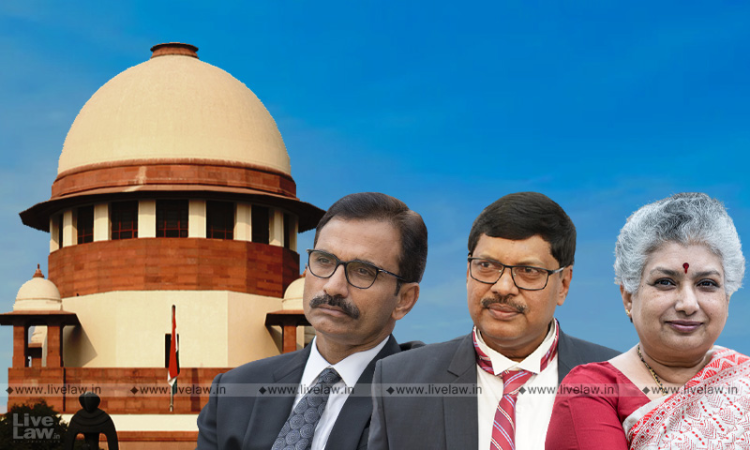If Bail Order Lacks Reasons, Prosecution Or Informant Can Challenge It Before Higher Forum : Supreme Court
Sohini Chowdhury
23 Dec 2021 9:29 PM IST

Next Story
23 Dec 2021 9:29 PM IST
The Supreme Court held that if an order granting bail was bereft of relevant reasons then the same would entitle the prosecution or the informant to assail it before a higher forum. The Apex Court clarified that though elaborate reasons are not required to be assigned while granting bail, a cryptic order devoid of any reasoning is a blatant violation of the principles of...
